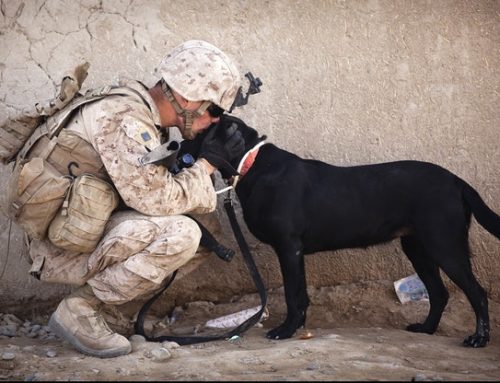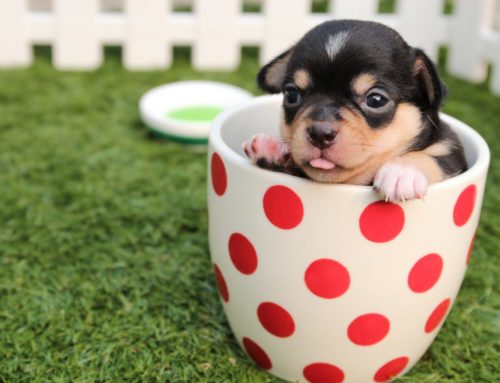We’ve all had that feeling where we’ve wanted to squeeze a cute animal because they’re so cute! Of course, there’s no desire to hurt the animal; it’s just that we experience a cuteness overload!
Science now has a name for the feeling. It’s called cute aggression and the “affliction” affects many people. Until recently, research surrounding cute aggression has remained in the realm of behavioral psychology. However, Katherine Stavropoulos, an assistant professor of special education at the University of California, Riverside, recently created a formal study on the subject.
She researched the phenomenon using electrophysiology to evaluate surface-level electrical activity that arises from the neurons firing in people’s brains. Through her studies, she analyzes neural responses to a range of external stimuli.
Stavropoulos first heard of “cute aggression” after a group of Yale University psychologists conducted research on the phenomenon in 2015.
Yale University research initially found that people reported feeling more cute aggression in response to baby animals versus adult animals.
Stavropoulos says that evidence shows people report feeling cute aggression more when pictures of human babies have been digitally enhanced to appear more infantile. Enlarged features like eyes, cheeks, and foreheads can make a baby appear “more cute” or innocent.
After examining the research, she wondered if there was neural component — a nervous system reaction — to cute aggression. Would their brains show patterns related to these feelings?
Stavropoulos predicted that the brains of people who experience cute aggression would provide evidence of the activity. She even thought it would be related to the brain’s reward system which deals with feelings like motivations or pleasure or to the emotional system which handles emotional processing.
The participants of the study reported significant feelings of cute aggression including feeling like they’re overwhelmed, experiencing a need for appraisal and caretaking. However, they responded more to cute baby animals than less cute adult animals. Similar patterns were not shown for each category. In addition, Stavropoulos also measured the participants’ brain activity before, during and after viewing the images. The results, published in Frontiers in Behavioral Neuroscience, was the first study which confirmed a neural basis for cute aggression.
The research shows there was a significantly strong correlation between how research participants rated their cute aggression toward cute animals and the reward response in the brain toward cute animals.
Stavropoulos was excited about the finding, confirming her original hypothesis that the reward system is involved in people’s experiences of cute aggression.
However, Stavropoulos found another result that lends credibility to previous theories. She measured that the relationship between how cute something is and the amount of cute aggression someone experiences toward it the subject is tied to how overwhelmed that person feels.
Stavropoulos mentions that when people feel as if they can’t handle “cuteness”, the research study underscores the idea that cute aggression is the brain’s way of calming these people down, by mediating feelings of being overwhelmed.
She further linked this process of meditation to an evolutionary adaptation trait which may have developed as a way to ensure people are able to take care of creatures that are considered cute.
Stavropoulos mentions that if you find yourself overwhelmed by how cute a baby is, to the point where you feel overwhelmed, then that baby will starve.
Overall, the study indicates that cute aggression likely serves as a tempering mechanism which allows those who experience the feeling to function more properly and take care of something we might first view as overwhelmingly cute.
In the future, Stavropoulos hopes to use electrophysiology to study neural bases in this feeling across different populations and groups like mothers with postpartum depression or people on the autism spectrum disorder.
So, it’s ok if you want to squeeze your dog while you give him or her a good rub down; we know it’s meant out of love, rather than aggression!
Originally published by Adam Croman on www.adamcroman.com






